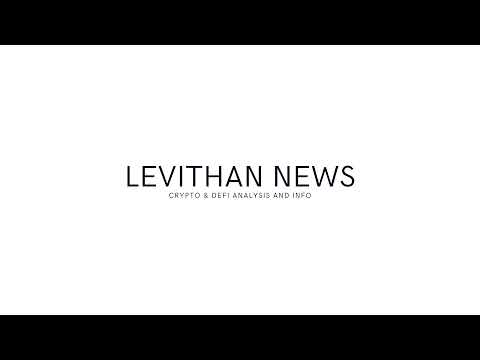Research Summary
The report discusses the DeFi Education Fund’s (DEF) response to the U.S. Treasury Department and the Internal Revenue Service’s (IRS) proposed “broker” rulemaking, the appeal by Tornado Cash plaintiffs against the Treasury Department’s sanctions, and the House Financial Services Subcommittee’s hearing on illicit activities in cryptocurrencies.
Key Takeaways
DEF’s Response to IRS “Broker” Rulemaking
- DEF’s Concerns: DEF expressed concerns over the proposed “broker” rulemaking, arguing that it could treat every participant in the blockchain technology stack as a broker, leading to taxpayer confusion and potential Fourth and Fifth Amendment violations. The proposed regulations could also impose a significant financial burden on businesses in the digital asset industry.
- Marisa Coppel’s Argument: Marisa Coppel of the Blockchain Association argued that the proposal’s fundamental shortcoming is the impracticality of collecting the necessary information for reporting, especially in the DeFi space where there’s no specific person owning or controlling the software.
Tornado Cash Plaintiffs Appeal
- Legal Battle: Tornado Cash plaintiffs appealed against the Treasury Department’s sanctions designations of smart contracts, arguing that Tornado Cash is not a sanctionable “national” or “person”, its smart contracts are not “property” in the sanctionable sense, and it lacks any “interest” in the immutable contracts. The outcome of this appeal could set precedents for how software can be regulated.
Congressional Hearing on Illicit Activities in Crypto
- Chairman French Hill’s Remarks: Chairman French Hill emphasized the need for an accurate understanding of digital assets’ role in illicit activities, urging a separation of fact from fiction.
- Testimonies: Experts highlighted the unique capabilities of blockchain technology in countering crypto-based illicit activities, with Jonathan Levin of Chainalysis noting the departure of cryptocurrencies from traditional financial systems. Jane Khodarkovsky emphasized the vital role of digital assets in humanitarian efforts, while Gregory Lisa warned against the potential pitfalls of excessive regulatory measures in the cryptocurrency sector.
Actionable Insights
- Understanding Regulatory Proposals: Stakeholders in the digital asset industry should closely monitor and understand the implications of regulatory proposals such as the IRS “broker” rulemaking, and consider voicing their concerns or suggestions to relevant authorities.
- Legal Precedents: The ongoing legal battle over Tornado Cash designations could set important precedents for software regulation. Stakeholders should stay informed about the case’s progress and potential impacts on their operations.
- Engagement in Policy Discussions: Stakeholders should actively participate in policy discussions and hearings on digital assets and illicit activities, sharing their expertise and insights to help shape balanced and effective regulations.












